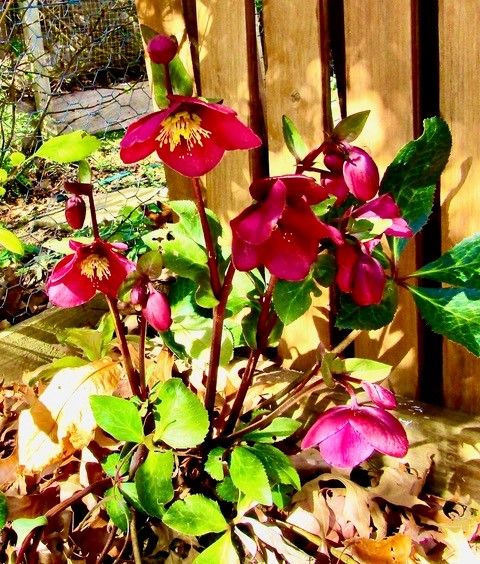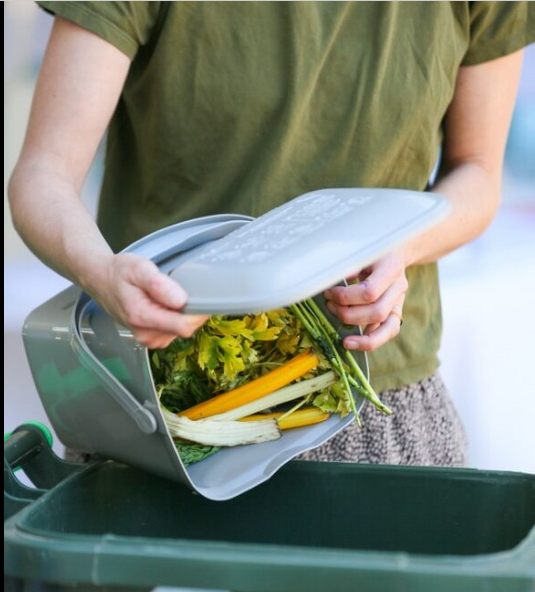August 30th, 2022Glen, about the house
Winter’s over (almost)
I know. Spring has barely had time to sweep away the dark clouds, pack up, turn on the sunlight, but I’m sure, like me, you’ve had your share of the dark and dingy and can’t wait to spend some time in the great outdoors.
According to my calendar, September 1 has just come and gone, so it’s time for our gardens to come alive with spring growth buds and banks of flowers.
That may be so, but don’t be too anxious to put your planned planting spree into action just yet. Mother Nature can be quite fickle at this time of year and liable to turn on a bout of wintry showers among the blue sky days. The Antarctic blasts, strong winds and snow-tinged showers of last week certainly bear a chilly testament to that.
Make the best of the good days and get the beds ready for your vegetable sowing, and work up the soil for trees or shrubs you’ve been waiting to plant, because the very best time to plant is at hand.
Just remember there can still be late frosts in our area so don’t be tempted to plant out frost-tender plants until you’re sure the last frosts are over and the soil has started to warm. To be sure you can always protect them with a glass frame or one of those portable plastic greenhouses, and don’t be in too much of a hurry to remove the cover from the really frost-tender ones until the worst of it is over. To be safe and sure, plant only the guaranteed frost-hardy ones now. The delicate ones will catch up if they’re left until later.
If you think you’ve missed the boat in planting deciduous, bare-rooted fruit trees or roses, this rainy, last winter blast has given you a short reprieve. You can still safely plant them out for at least the next two weeks provided you water them in well and make sure they aren’t allowed to dry out at any time. The same applies for any forgotten rose or fruit tree pruning.
Pest patrol
Now for the downside. Those ever-present and ever so persistent weeds and ever- hungry pesky insect pests are on the march. Especially keep eye an out in the warm weather for sap-sucking aphids etc.
If you get to them while they are few you can eradicate enough of them to make it easy for their natural predators to control the rest and that’s far better than having to use noxious chemicals that wipe out the good guys as well as the baddies. Don’t forget those precious bees are desperately needed as back-up pollinators in these times of honey bees’ viral disease.
Mulch is the word
A much used descriptive term for a multitude of uses performed by an equally various number of materials that can be summed up as “protection of growing plant life” by acting as a barrier between plants and their environment.
Mulch can consist of almost anything, organic or not, so long as it keeps the surface of the soil around plants cool and moist, and suppresses the growth of unwanted weeds etc. Preferred materials are organic plant material such as well-rotted compost, wood chips, pea straw or well-decayed horse or cow manure. These will gradually break down and become a natural food for the plants. Rake the soil over to create a fine ‘tilth’ on the surface to encourage new feed root growth and ease of penetration of any watering or rain.
Got a gardening question? Email glenzgardens@gmail.com










